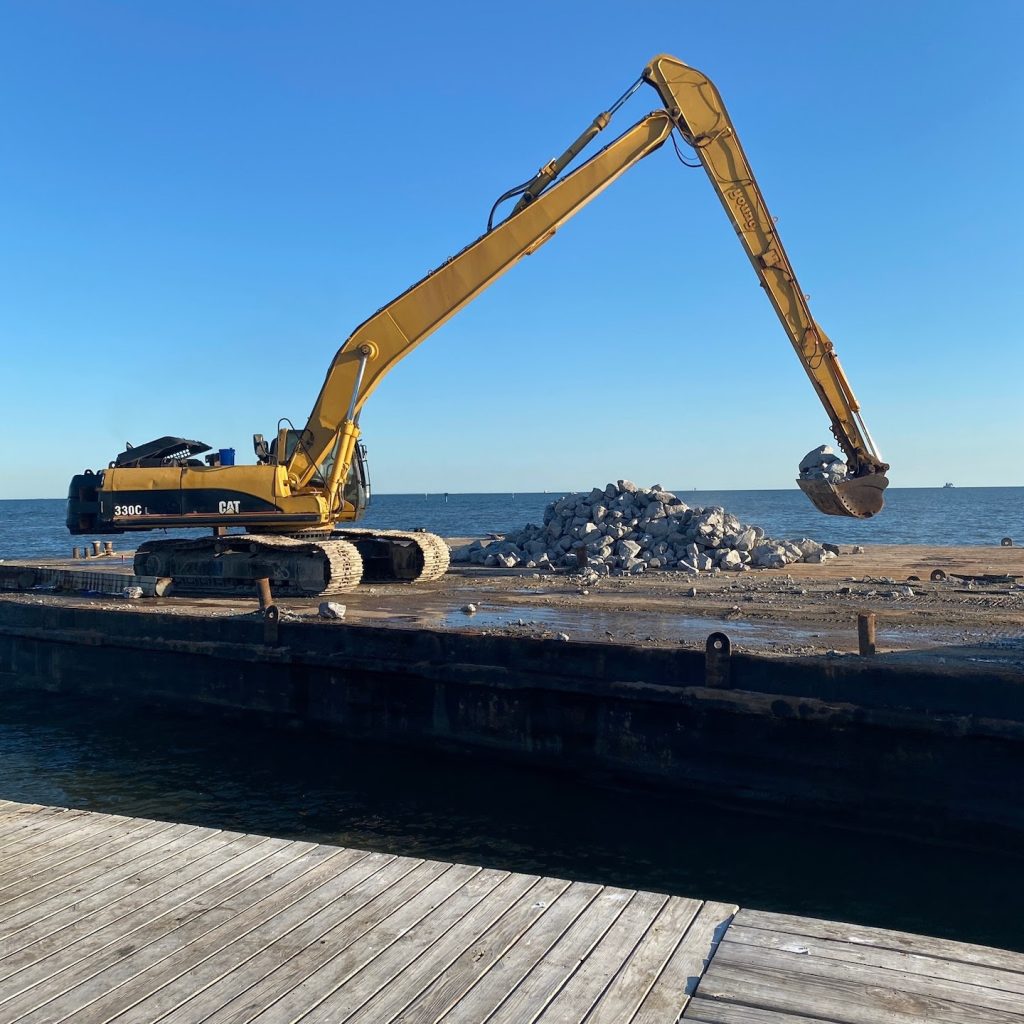Marine Construction Services – Planning and Execution of Coastal Projects
Marine construction services encompass a broad spectrum of activities crucial for the planning and execution of coastal projects. These specialized services integrate engineering expertise, environmental considerations, and logistical coordination to ensure the successful completion of diverse marine infrastructure developments. At the heart of marine construction services lies meticulous planning. This initial phase involves comprehensive assessments of the project site, including geological surveys, environmental impact studies, and feasibility analyses. Engineers and environmental specialists collaborate to understand the unique challenges presented by coastal environments, such as tidal fluctuations, wave dynamics, and seabed conditions. This knowledge forms the basis for designing robust structures that can withstand natural forces while minimizing ecological disturbance. Once the planning phase is complete, detailed engineering design takes center stage. Marine engineers utilize advanced modeling techniques and simulations to develop structures that meet project specifications and regulatory requirements.

Whether constructing breakwaters, offshore platforms, or harbor facilities, the design phase ensures that every aspect of the project is optimized for efficiency, safety, and longevity. Execution of marine construction projects demands precise coordination of resources and expertise. Construction teams, often comprising divers, engineers, and specialized contractors, work in challenging marine environments where conditions can change rapidly. Safety protocols are paramount, with stringent adherence to industry standards and environmental regulations. Project managers oversee logistics, scheduling, and quality control to ensure milestones are met and unexpected challenges are swiftly addressed. Key components of marine construction include dredging and excavation. MBI Marine Contractors in New York are critical for maintaining navigable waterways, reclaiming land for development, or creating foundations for marine structures. Dredging involves removing sediment and debris from the seabed, while excavation prepares the seabed or shoreline for construction activities. Materials management is another crucial aspect of marine construction services. Procuring and transporting construction materials such as concrete, steel, and specialized marine-grade components requires careful planning to minimize environmental impact and ensure timely delivery. Environmental stewardship is integral to modern marine construction practices.
Sustainable construction methods, including habitat restoration and erosion control measures, mitigate the ecological footprint of coastal developments. Innovations in eco-friendly materials and construction techniques further support efforts to preserve marine ecosystems and biodiversity. Quality assurance and testing are rigorously applied throughout the construction process. Structural integrity assessments, material strength tests, and corrosion resistance evaluations ensure that marine infrastructure meets or exceeds performance standards. Post-construction monitoring may involve ongoing inspections and maintenance to uphold operational efficiency and safety. Successful completion of marine construction projects often hinges on effective stakeholder engagement and regulatory compliance. Collaboration with government agencies, environmental organizations, and local communities ensures that projects align with public interests and regulatory frameworks. Transparent communication and proactive mitigation of potential impacts foster trust and support for coastal developments. Marine construction services encompass a complex blend of engineering prowess, environmental stewardship, and logistical acumen. From initial planning and meticulous design to precise execution and ongoing maintenance, these services are essential for developing resilient coastal infrastructure.